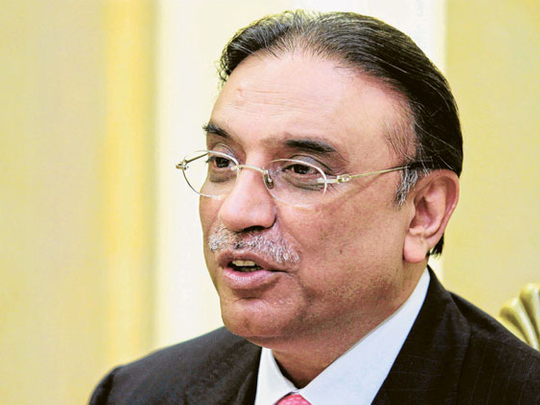
Pakistan’s potentially turbulent security apparatus was rocked once again last week after an unusually bold militant attack on an important base of the Pakistan Air Force. This was followed by at least 22 innocent bus travellers being killed after being shot from close range. This is not the first time attacks of this kind have made the headlines.
Ever since Pakistan joined the US-led war on terror following the 9/11 attacks, the country has lived with a recurring legacy of one set of terrorist attacks after another. In the foreseeable future, Pakistan’s internal security conditions will likely remain unsettled.
Yet, the latest attacks were another powerful reminder of the pitiful state of Pakistan’s governance, which has rapidly deteriorated in recent years. More than a decade after the 9/11 attacks provoked a US-led invasion of Afghanistan, Pakistan’s ruling politicians, including its lawmakers, have yet to evolve a consensus in support of a common policy against militancy and terrorism. While many in the ruling camp resent the Pakistan army’s dominance of security policies, they have yet to take charge of the country themselves and offer a more promising alternative.
Indeed, in addition to the absence of a single policy with the full backing of the country’s parliament, Pakistan’s ruling elite have only failed to articulate the matter in other forums. For instance, outside parliament, there is little evidence of the use of forums like the cabinet and the Pakistan People’s Party (PPP) to discuss and debate a way forward.
It is therefore not surprising that following the attack on the air force base, one hand didn’t appear to know what the other was up to. In a specific instance, the base authorities initially chose to withhold the identity of the type of aircraft damaged in the attack, only to find that the defence minister readily disclosed the information to the media.
Similarly too was the case of media outlets, mostly non-Pakistani, which began claiming that the site of the attack may have been used to store nuclear weapons. Though without any reliable proof, the information became conventional wisdom without any effort by the concerned authorities to set the record straight on a matter as critical for the country as an aspect of its nuclear programme.
Likewise, the killings of the 22 innocent bus travellers were promptly condemned by the relevant authorities, but it stopped at that. The killings took place on a stretch of road linking Pakistan’s central areas with its remote northern Gilgit-Baltistan province. It is not the first time that such a tragedy has taken place in the mountainous region bordering China.
Political consensus
In recent memory, the incidents last week were also not the first examples of needless bloodshed. For months, innocent civilians have been killed in a spate of continuing killings across parts of Karachi, the southern port city. But the Pakistan People’s Party (PPP), which rules the southern province of Sindh, of which Karachi is the capital, has dismally failed to draw together a strong new political consensus to tackle this situation on its own political home turf, let alone somebody else’s.
In a nutshell, Pakistan’s ruling party appears to have lost its capacity to tackle the fallout from the worst era of lawlessness ever experienced in the country’s history.
This is, of course, hardly surprising. For a ruling camp which is squarely determined to focus all of its energies on the matter of saving President Asif Ali Zardari from being investigated in Switzerland on accusations of corruption, the country’s remaining policy challenges hardly matter.
Indeed, in seeking to protect Zardari from one of the most controversial allegations to ever hit a public leader, the ruling camp has only ended up escalating its confrontation with Pakistan’s Supreme Court.
In just over a week, Prime Minister Raja Pervez Ashraf is due to appear before it on a contempt of court charge, owing to the government’s constant refusal to act on the Supreme Court’s order and formally request the Swiss authorities to reopen investigations of corruption against Zardari.
The case is not only a blatant example of the PPP’s determination to defy the norms of democracy wherever its suits the party, in this case being the writ of the Supreme Court. The escalating battle with the court, just as Pakistan suffers continuing bloodshed, clearly exposes the lack of priorities of the country’s ruling politicians.
Farhan Bokhari is a Pakistan-based commentator who writes on political and economic matters.









